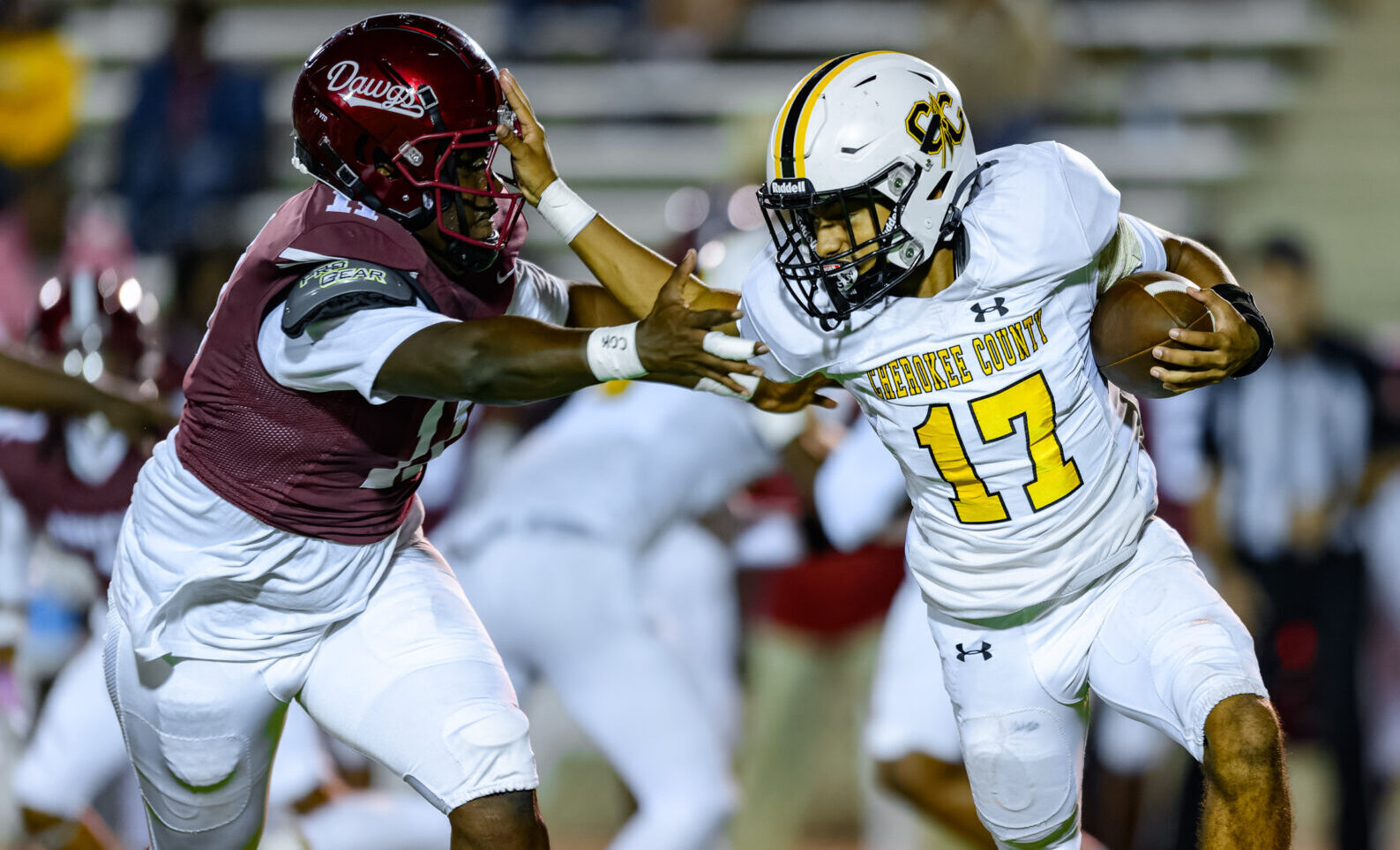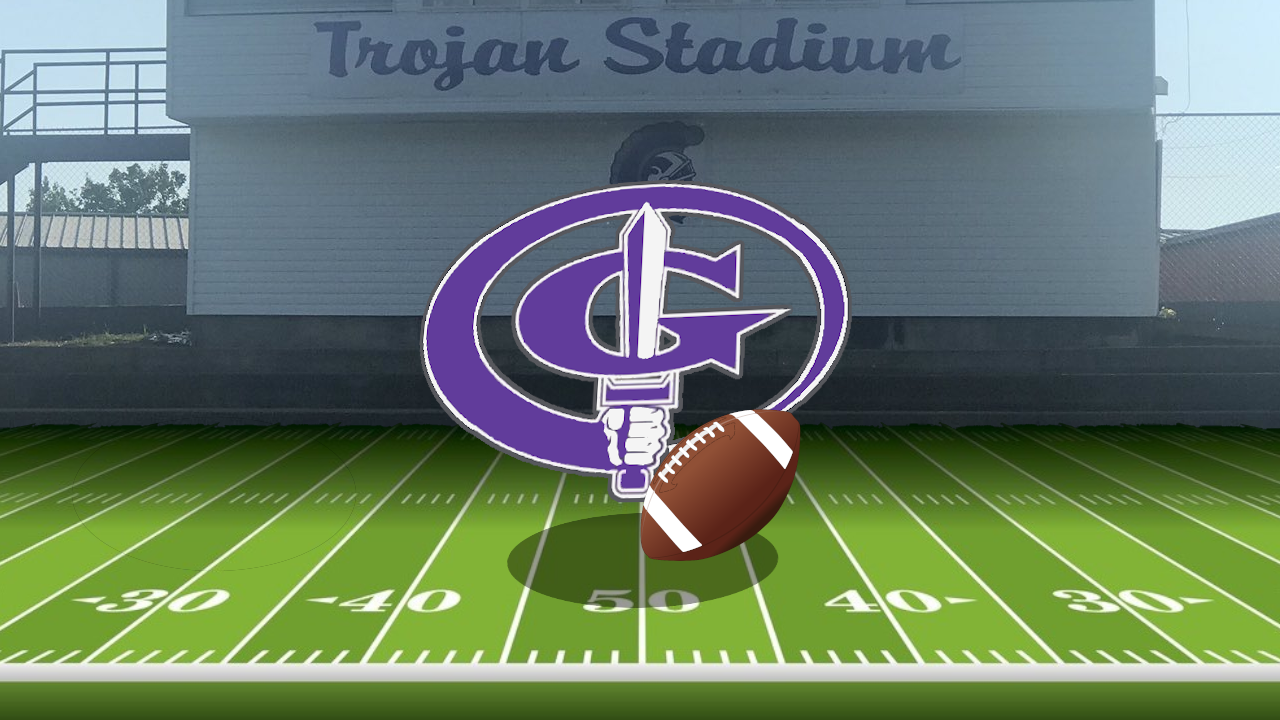 Chip Somodevilla/Getty Images(WASHINGTON) — Former FBI Director James Comey is expected to testify before the Senate Intelligence Committee on Thursday that President Donald Trump asked him for loyalty during a Jan. 27 dinner meeting at the White House.
Chip Somodevilla/Getty Images(WASHINGTON) — Former FBI Director James Comey is expected to testify before the Senate Intelligence Committee on Thursday that President Donald Trump asked him for loyalty during a Jan. 27 dinner meeting at the White House.
“A few moments later, the president said, ‘I need loyalty, I expect loyalty,’ ” Comey will say, according to his prepared statement posted to the Senate committee’s website.
“I didn’t move, speak or change my facial expression in any way during the awkward silence that followed. We simply looked at each other in silence.”
Comey is also expected to testify that, in a Feb. 14 meeting, Trump asked him to drop any investigation into former National Security Adviser Mike Flynn.
The prepared statement says Trump said, “I hope you can see your way clear to letting this go, to letting Flynn go. He is a good guy. I hope you can let this go.”
Trump’s request to Comey was a day after Flynn had resigned.
Comey writes in his statement that he did not tell Trump he would let the Flynn investigation go.
“I had understood the president to be requesting that we drop any investigation of Flynn in connection with false statements about his conversations with the Russian ambassador in December. I did not understand the president to be talking about the broader investigation into Russia or possible links to his campaign,” Comey wrote in his statement. “I could be wrong, but I took him to be focusing on what had just happened with Flynn’s departure and the controversy around his account of his phone calls. Regardless, it was very concerning, given the FBI’s role as an independent investigative agency.”
The former FBI director said the leadership team concluded that it made “little sense” to report Trump’s request about Flynn to Attorney General Jeff Sessions.
Shortly after his Feb. 14 meeting with Trump, however, Comey had an in-person meeting with Sessions and implored the attorney general to “prevent any future direct communication between the president and me.”
Comey’s testimony paints in great detail his nine one-on-one conversations — three in-person and six on the phone — with the president over the course of four months.
The former FBI director’s first encounter with Trump was in Jan. 6, when Trump was president-elect, for an intelligence briefing on the “salacious and unverified” dossier released.
Comey’s prepared testimony details that Comey told Trump three times that he was not “personally” the subject of a counter-intelligence investigation.
“That was true; we did not have an open counter-intelligence case on him,” Comey’s testimony reads.
Comey’s testimony continues, “During our one-on-one meeting at Trump Tower, based on President-elect Trump’s reaction to the [Jan 6] briefing and without him directly asking the question, I offered that assurance.”
Over a March 30 phone call, Trump told Comey that the Russia investigation was a “cloud” that was impairing his ability to do his job as president.
“He asked what we could do to ‘lift the cloud,’ ” Comey writes.
According to Comey, Trump pushed him to find a way to publicly make known that the FBI isn’t investigating him.
“I told him I would see what we could do, and that we would do our investigative work well and as quickly as we could,” Comey’s testimony states.
Comey then called Acting Deputy Attorney General Dana Boente for guidance.
On April 11 — the last time Comey spoke to Trump — the president called Comey, wanting to know what Comey had done to meet his request that he “get out” that Trump is not personally under investigation.
Comey informed Trump that the White House counsel, Don McGahn, should notify the Justice Department to make the request.
“He said he would do that and added, ‘Because I have been very loyal to you, very loyal — we had that thing, you know.’ I did not reply or ask him what he meant by ‘that thing,’ ” Comey writes.
Trump ultimately made the decision to fire Comey on May 9, an unexpected decision by Trump that Democrats decried and some Republicans questioned.
The president later admitted in an interview with NBC that he was thinking of the Russia investigation when he made up his mind to fire Comey.
This is a developing story. Please check back for updates.
Copyright © 2017, ABC Radio. All rights reserved.




